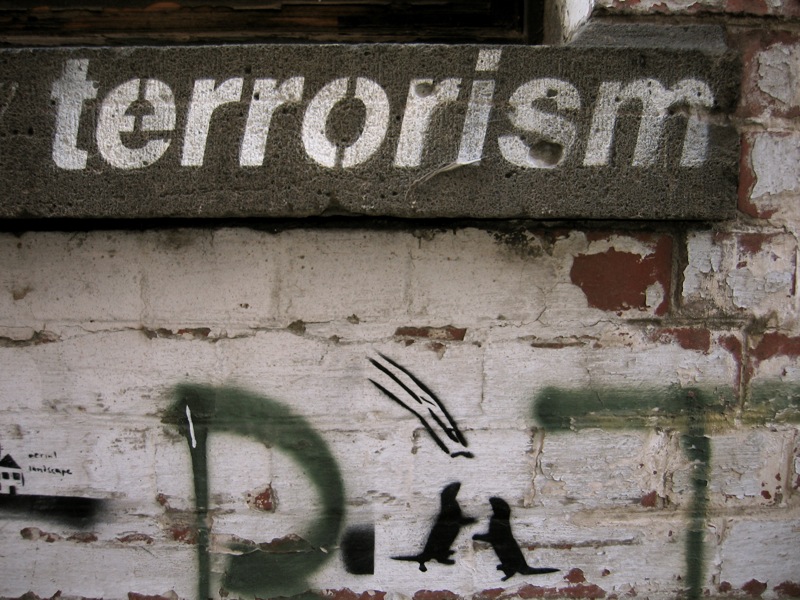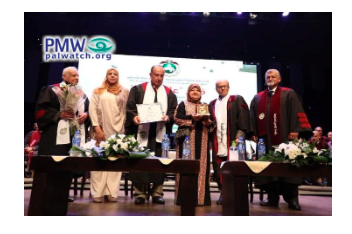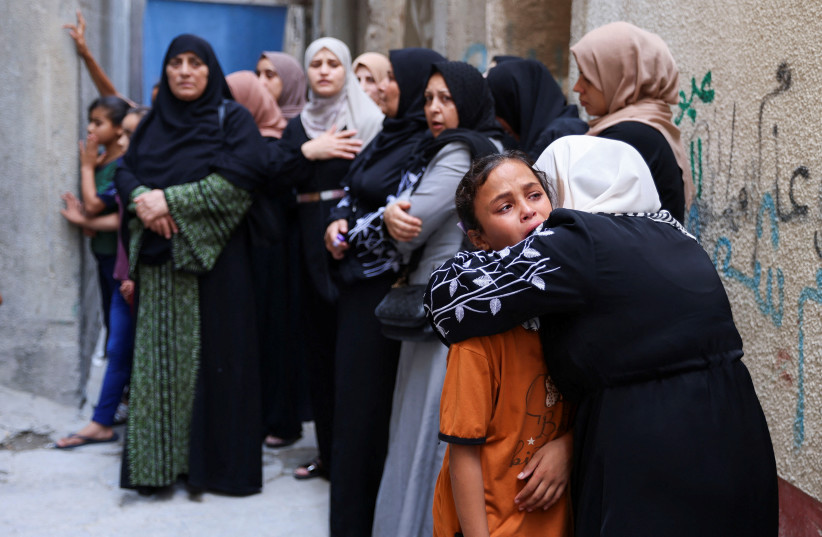P F Tinmore
Diamond Member
- Dec 6, 2009
- 83,294
- 4,681
- 1,815
However, it was also the Global North who used the label of terrorism as a weapon against anti-colonial movements in the past and the present. Scholars have often wrongfully labelled the armed resistance to oppression by states, especially in situations of domination by Western and colonial powers as terrorist (Halliday 2011). This has included movements such as the Sandinista Front for National Liberation in Nicaragua, the African National Congress’ actions against South Africa’s apartheid regime and the strikingly reminisce situation of the ongoing terrorist labelling of Palestinian Liberation Organisation and current efforts against Israel’s oppression (Halliday 2011). While the debate of the tactics implored by these organisations as terrorist actions is a different argument, the right to resist oppression and in extreme conditions take up armed resistance is recognised both in international law and political norms and values (Halliday 2011). By avoiding the pitfall of short-term, immediate threat based analysis, postcolonial perspectives have a greater understanding of the historical reasons for the emergence of several terrorist groups (Stump & Dixit 2013, p. 60). The argument that modern terrorist violence first emerged in the colonial control by European colonial powers points to another strength of postcolonial analysis; the ability to properly assess Western state terrorism.What if it is a settler colonial state built on stolen land?
Terrorism is a political name calling thing.

Terrorism as a Weapon of the Strong? A Postcolonial Analysis of Terrorism
A postcolonial perspective offers a greater understanding of terrorism than the traditional approach, as it integrates the colonial context into the analysis.
 www.e-ir.info
www.e-ir.info



